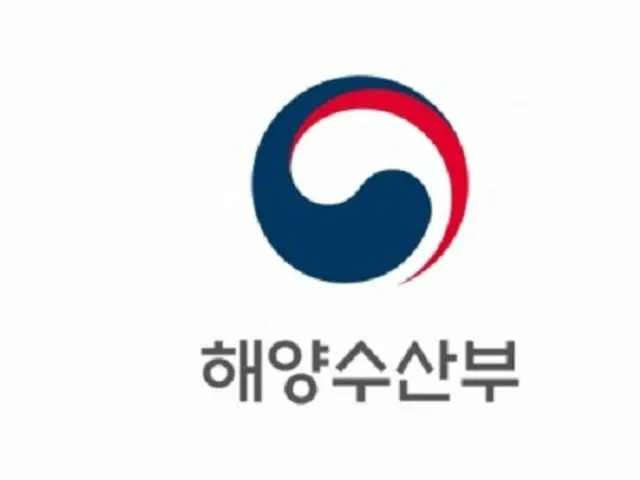1 The secondary release of radioactively treated water from a nuclear power plant into the ocean has begun, but the statement was made to the effect that ``there is no problem with South Korean marine products.''
On this day, Park Sung Hoon, vice-minister of the South Korean Ministry of Maritime Affairs and Fisheries (Ministry), spoke to the government.
He made this statement at a press conference held at the prefectural government building in Seoul. According to the Ministry of Oceans and Fisheries, on this day, the number of radioactivity tests at the seafood production stage reached 8,069, exceeding the target for this year (8,000).
did. Inspections were conducted on 5,612 cases of fishery products, 1,562 cases of farmed seafood products, and 895 cases of distant sea seafood products. A total of 5,592 inspections of marine products at the distribution stage were conducted from January to September 26th this year.
. Deputy Director Park said, ``From January to September 27 of this year, the South Korean government conducted a total of 3,869 radioactivity tests (17,245 tons) on imported Japanese seafood, but even trace amounts of radioactivity were detected.
There were no seafood products available." Deputy Director Park also explained the progress of marine radioactivity surveys in South Korean waters. Deputy Director Park said, ``To date, 1,201 long-term research samples and 102
Six emergency investigation samples have been collected or analyzed, and the analysis shows that the radioactivity concentration in South Korea's seas is safely maintained at a considerably lower level than the WHO (World Health Organization) drinking water standards.
did. Starting July 24, the South Korean government significantly expanded the number of marine radioactivity monitoring points to 200 points throughout South Korean waters. Samples are collected three times a month from nearshore waters and twice a month from distant waters, and quickly analyzed within a few days.
However, the number of monitoring points is scheduled to increase to 243 next year.
2023/10/05 15:31 KST
Copyrights(C) Herald wowkorea.jp 96

